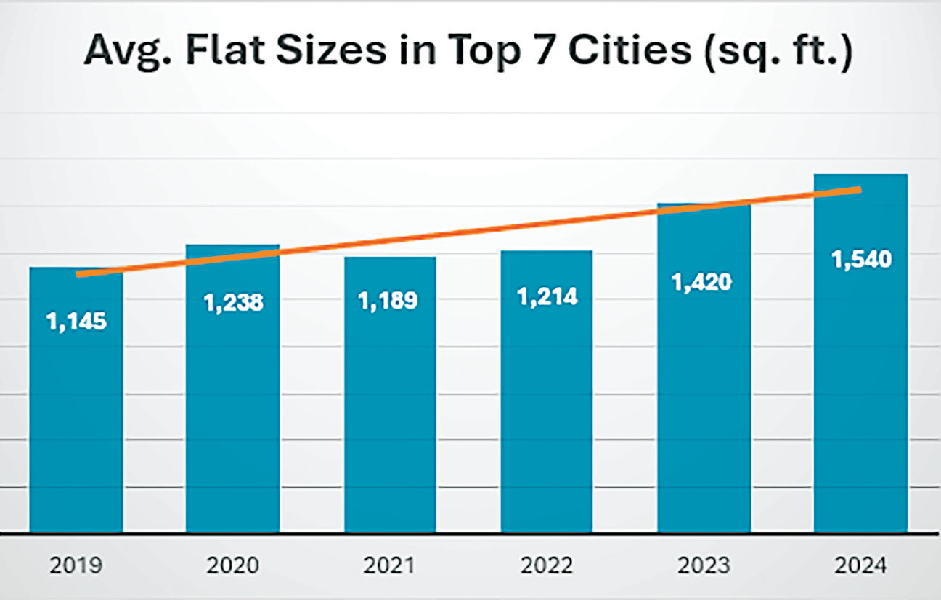
Disorders don't discriminate
It’s not just women but men too are having body image problems. The desire to improve one’s looks is creating eating disorders in men that are going undetected
Rachana Ramesh
When you hear of eating disorders, what do you think of ? Is it an insecure teenage girl or a female celebrity who’s drowning in fame? Despite the stereotype of eating disorders being associated with women only, in a world riddled with toxic masculinity and unrealistic standards, it is no wonder that the topic of eating disorders among men is sidelined. While eating disorders occur in people regardless of their gender, increasing societal pressures and self-esteem issues lend a hand to them going unnoticed when it comes to men.
Although there exists a widely prevalent belief that only women go through eating disorders, around 30 million people of all ages and genders suffer from eating disorders in the US alone, out of which 10 million are men. To draw a grimmer picture, the male population represents 25 percent of individuals with anorexia nervosa -- a type of eating disorder that causes people to obsess about weight and what they eat. These men are at a higher risk of dying as they are often diagnosed in the later, severe stages of the disorder due to the assumption that men do not suffer from them. “Eating disorders are one of the most underdiagnosed, undertreated and most misunderstood conditions for men”, says Dr R Shobitha Shanthakumari, principal, Global School of Counselling.
Failing to recognise anorexia nervosa or bulimia -- another type of eating that is marked by binge eating followed by methods to avoid weight gain, like induced regurgitation, have dangerous reputations. Victims of the disorders themselves may not notice what they are going through owing to the stigma attached to men being diagnosed with mental health issues. Since it is still taboo, many men suffering from eating disorders prefer to keep their problems under wraps because of fear of judgment and choose to suffer in silence leading to long-term repercussions. “Culturally men are pictured to be stronger than women and the term ‘man up and deal with it’ has made it difficult for men to express themselves and to seek help. The sociocultural prescription of gender-appropriate behavior for men has been prescribed implicitly. The prevalent myth is that men do not go through body image issues as compared to women”, adds Dr Shanathakumari.
On being asked about the ways in which men could get help, she says: “Research points towards the efficacy of therapy involving behavior, interpersonal and cognitive approaches in treatment. Support groups both in-person and online, play an important role in the recovery for men with eating disorders.” E a t - ing diso r d e r s develop due t o nu m e rous psychological factors such as low-self esteem or a history of sexual abuse. Pressure to abide by the standards set by society is an important factor leading to eating disorders. Media depicts muscled, hairless, male bodies setting unrealistic standards for young males to live up to. The stereotypes may distort men to resort to intense workouts and a prolonged time in the gym. This interest in building bodies can be normal in men, however, it turns into an issue when an unhealthy fixation starts to develop. Only a handful of male celebrities have come out in the open about their mental health illnesses and how they have grappled with them. For example, The Parent Trap star Dennis Quaid has revealed he suffered from manorexia- a term used in media to refer to anorexia in males, in the 1990s. His journey with anorexia began when he had to lose 40 pounds to play Doc Holliday in the movie Wyatt Earp (1994). The actor had to suffer for years before he finally sought medical treatment. Other celebrities such as Russell Brand, Elton John, Eminem, and Kit Harington have also brought to light their own stories of self-image and criticism.
Eating disorders can also develop due to biological reasons such as hereditary disposition or other mental health issues. Eating disorders in men are characterised by symptoms like an increased exercise regime and the adoption of extreme diets. “There is extreme fear about gaining weight which leads to either not eating at all resulting in significantly low body weight, leading to serious repercussions to the physical and mental health of the person. On the other extreme of this continuum, there are frequent binge-eating episodes, which include eating large amounts of food in a short period of time followed by compensatory behaviors of excessively exercising, using laxatives or other medications to get rid of the perceived weight gain”, she says listing the telltale signs. It not only affects a person’s health but is also linked to the development of other mental disorders like anxiety, depression,
 English daily published in Bengaluru & Doha
English daily published in Bengaluru & Doha






